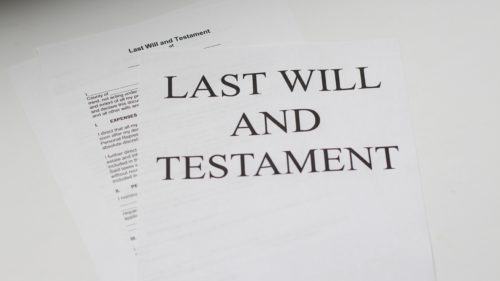
When beginning the estate planning process, it can be helpful to understand the different documents that may be involved in your estate plan. Read on to learn more about some of the most popular documents involved in the estate planning process
What is a Will?
A will is a document that allows you to declare how your assets should be divided in the event of your passing.
A will may include assets such as:
- Real estate
- Bank accounts
- Securities
- Items of personality
What is a Trust?
A trust is another great way to manage your assets. In New York, you can create the following trusts.
- Revocable Trust: This is a common choice for trustors, as it can be modified, changed, or terminated at any moment without the need for the beneficiary’s permission.
- Irrevocable Trust: This requires a trustor to give up their rights and access to the trust when it is created. This means they cannot change or terminate it at any time.
- Irrevocable Life Insurance Trust: This allows a trustor to remove their life insurance from the estate plan so the beneficiaries are free from any taxes that are placed on it.
- Charitable Trust: There are two types of charitable trusts. A charitable leads trust lets the individual’s choice of charity to receive interest from the financial gift for a period of time. When the period ends, the remaining assets may go to other beneficiaries. A charitable remainder trust allows charities to receive the assets in a trust at the end of its term. Until then, the donor receives interest on the gift.
- Special Needs Trust: This can be created for a loved one with a disability to make sure they receive the financial support they need throughout their life.
What is a Power of Attorney?
A power of attorney gives a chosen individual the ability to make certain decisions on behalf of an individual in the event that they are unable to do so themselves. This can include physical or mental incapacitation. When picking a power of attorney, it is important to be sure they are a person you can trust. Often, people choose a spouse, child, parent, close relative, friend, business partner, etc. When appointed, this person can pay your bills, make bank deposits/withdrawals, obtain medical records, file tax returns, buy or sell property, hire caretakers, transfer assets to trusts, and more.
If you have any questions or concerns about the estate planning process, reach out to our firm to speak with an experienced attorney.
Contact our Firm
If you or a loved one needs assistance creating an estate plan and wish to speak with an experienced attorney, contact the Law Office of Andres D. Gil, PLLC today.